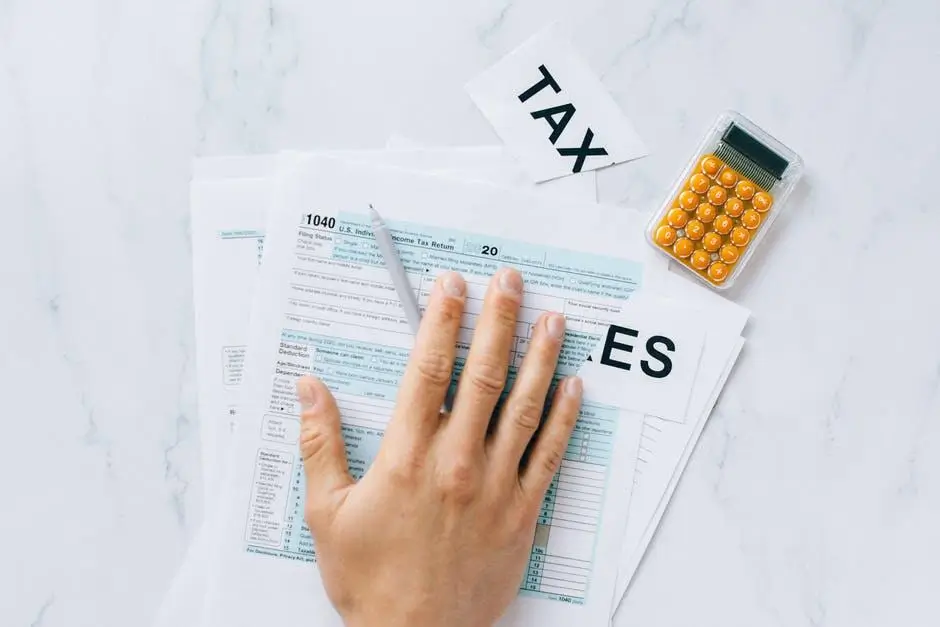The American Rescue Plan Act of 2021 offers significant benefits for people earning lower incomes, but it also lowers the threshold for landlords receiving rental income.
From 2024 onward, landlords must report all income exceeding $600 to the IRS when they submit their tax returns. To do this, they need a 1099 form from their property managers.
Read on for a breakdown of how to manage tax statements and 1099s for your landlords.
Tax Statements and 1099s: Basic Information
Tax statements are standard forms that property managers give to their landlords. They detail all the expenses and income associated with their rental units, including security deposits.
Anyone who pays a vendor more than $600 annually for services rendered must provide them with an appropriate 1099 form. The IRS requires property managers to use Form 1099-MISC to report all rental income paid to property owners.
The information recorded on the property owner's tax statement must correspond precisely with the details on the 1099-MISC form. You can retrieve these amounts from payment apps, bank statements, and your accounting records.
A 1099-K form usually applies to payments via electronic transfers, debit cards, or credit cards. A third form, 1099-NEC, applies to payments made on behalf of your client to other vendors, e.g., maintenance contractors.
If you've paid these professionals more than $600 for the year, you must fill out a 1099-NEC form and send it to them.
Filling Out the Required Tax Forms
Accuracy is key when completing tax forms for your landlords, and you must complete all the blank spaces on each of these documents. Before you get started, you need the following information to hand for each 1099 recipient:
- Total amount paid for the tax year
- Taxpayer ID number
- Recipient's address
It's best to follow the instructions provided on the IRS website to the letter. These pages provide detailed information about providing your landlords with the information they need to submit their taxes correctly.
Schedule E forms are another important component of tax submissions. They provide details about income, expenses, and profits. You can get this information from your owner's tax statement.
Be sure to include every single expense in these documents, as many of them are tax-deductible. Examples include:
- Property taxes
- Utility payments
- Property management fees
- Insurance payments
- Maintenance and repair costs
Invoices, bank statements, and owner statements will help you calculate these expenses accurately and assist a tax professional with calculating the taxes owed.
Provide as much information as you can. Your landlord's tax preparer may be able to identify additional deductible expenses.
Tax Assistance for Landlords
Property managers play a vital role in ensuring tax compliance for their landlords. By keeping precise records of all related transactions, they help your tax professional calculate your correct tax obligation and also help you save money by highlighting allowable deductions.
PMI Gold Coast Properties is Long Island's leading property management company. We are well-informed about all the legalities associated with the new tax laws and will ensure you receive your tax statements and 1099s in time for the next tax season.
Discover a stress-free way to manage the new tax laws for 2024.


